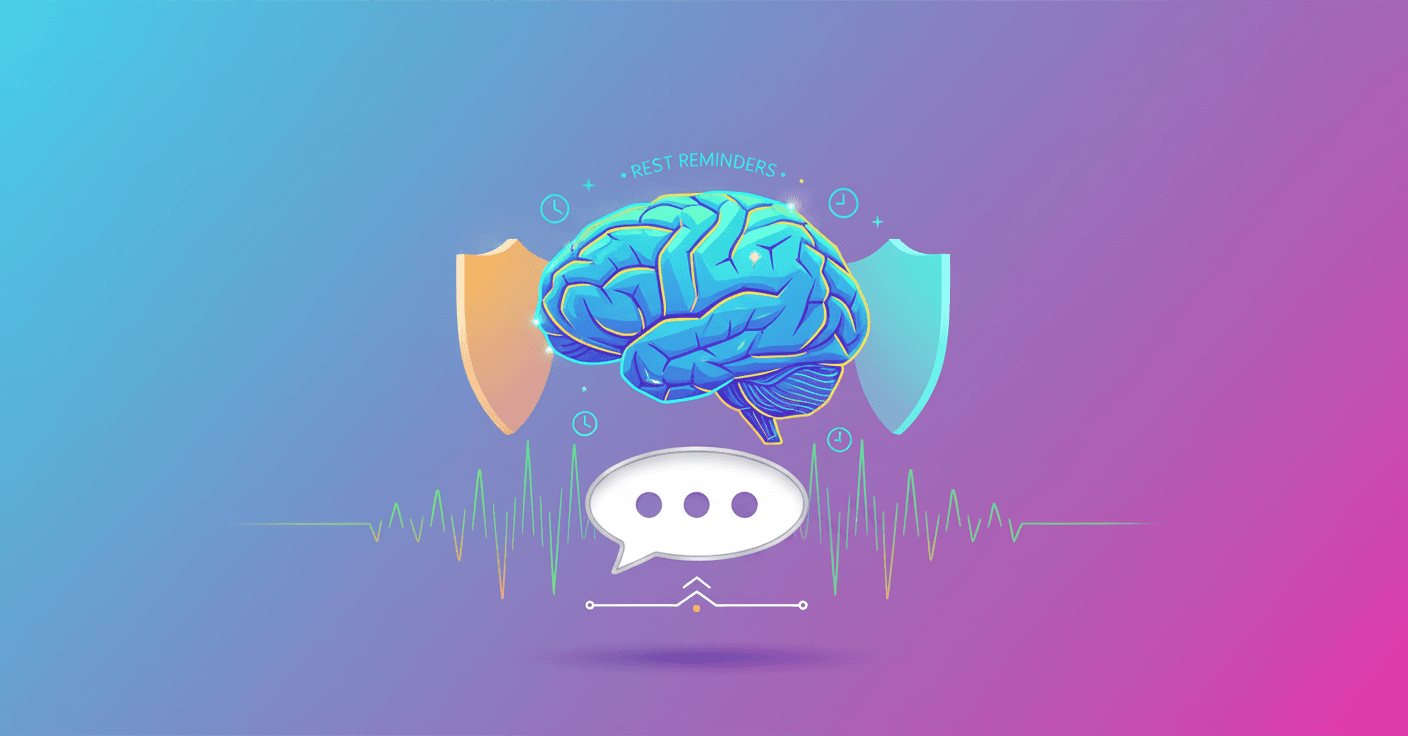OpenAI published an article on August 4, 2025 about which objectives it’s optimizing ChatGPT toward. The central idea is simple: they don’t want you stuck to the screen for hours, they want you to leave having solved what you came to do. Sounds obvious? Yes, but it makes a difference between measuring success by time and by real usefulness. (openai.com)
Healthy use as a priority
OpenAI says its main goal is to help you make progress, learn, or solve a problem and then get back to your life. That means measuring success by whether you achieved your goal, not by how long you browsed inside the app. This approach changes many product decisions: recommendations, reminders, and how the model replies on personal topics. (openai.com)
Do you remember when an update made the model too agreeable? They acknowledge it: there was a version that sounded pleasant but wasn’t useful, they rolled it back and changed how they use feedback to evaluate long-term usefulness, not just immediate reaction. That shows they’re willing to fix course when behavior doesn’t match expectations. (openai.com)
Concrete changes they announce
They address three practical fronts:
-
Better support when someone shows signs of distress. They’re training the system to respond honestly and with guidance that encourages seeking professional help when appropriate. (openai.com)
-
Gentle reminders to manage time in long sessions. You’ll see messages inviting you to take breaks to avoid excessive interactions. (openai.com)
-
Avoiding direct answers for high-impact personal decisions. Instead of telling you “do this,” the tool will ask more questions and help you think through options. This is already rolling out gradually. (openai.com)
Learning with experts
It’s not just talk: OpenAI worked with doctors and specialists. They mention collaborating with more than 90 clinicians from over 30 countries to create rubrics that evaluate complex conversations, plus involving researchers in human-computer interaction and clinicians. They’re also forming an advisory group on mental health, youth development, and HCI to guide best practices. All this aims to improve detection of concerning behaviors and refine the product’s safeguards. (openai.com)
And daily usefulness? (examples)
If you use ChatGPT for everyday things, you might notice it like this:
-
Preparing for a tough conversation with your boss: practicing replies and getting prompts that help you structure the message. (openai.com)
-
Understanding lab results: explaining numbers and suggesting questions for your doctor—not replacing the professional but empowering you for a better appointment. (openai.com)
-
Using
ChatGPT Agentfor tasks that don’t require you to stay in the app all the time, for example scheduling an appointment or summarizing your email. Less time inside, more productivity outside. (openai.com)
Looking ahead
OpenAI insists on a simple criterion: if someone you care about turned to ChatGPT, would you feel comfortable with the response? Reaching that emphatic “yes” is their job. The post makes clear there will be iterations: they don’t expect to be finished, but to learn from real use and improve controls and measurements. (openai.com)
For you, the practical takeaway is this: the tool is being tuned to be more helpful and less intrusive. It’s not magic; it’s changes in design, training, and collaboration with experts so the AI is more responsible and genuinely useful in personal situations. (openai.com)
